Working with a commercial builder vs owner builder
Should I work with a commercial builder or owner build? When building an industrial or commercial shed for the first time it can be daunting having...

With a solution-focused approach, we collaborate closely with clients and consultant teams to align on scope, time frames, design objectives, and cost. We’re committed to delivering a strong return on your investment. Are you interested in our work in the commercial and industrial sectors?

Our client, a vet and sheep farmer, needed a shearing shed and yard cover designed for efficiency and innovation. Partnering with our team, he collaborated with fit-out providers to create two custom steel structures tailored to his farm’s needs. His farm is now equipped for better working conditions and long-term success.

Providing Industry-Leading Steel Building Solutions
Central Steel Build, committed to innovation, quality, and customer satisfaction, has solidified its reputation as an industry leader. We're revolutionising agricultural structures, and transforming how farmers and producers approach building solutions. If you’re interested in our work in the agricultural sector, read the article to discover how we’re transforming building solutions.

Oritech combined office and warehouse
Oritech Pty Ltd partnered with us to build a modern office and warehouse facility in Mitchell Park, Victoria. The design featured innovative L-shaped tilt panels for both function and style. Using our Pro. building approach, we delivered a durable, cost-effective, high-quality solution. Seamless collaboration ensured the project was completed on time and within budget.
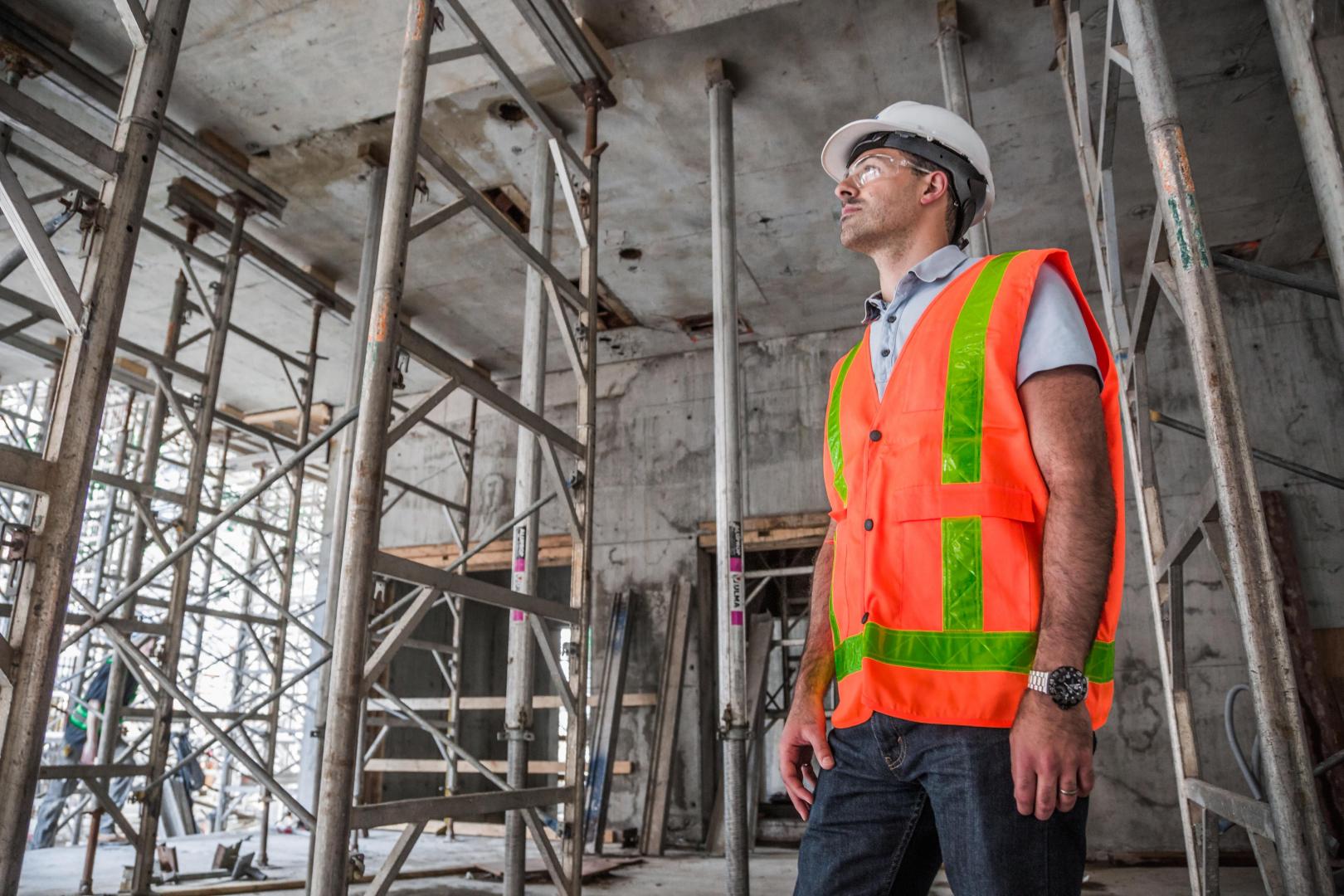
With the ever evolving technology of today, it is not surprising that the future of construction will be relying on 3D printing, prefabrication and modulation. These concepts are gaining traction, and becoming more viable in the construction industry. These new construction approaches will improve accuracy and efficiency on large scale projects.
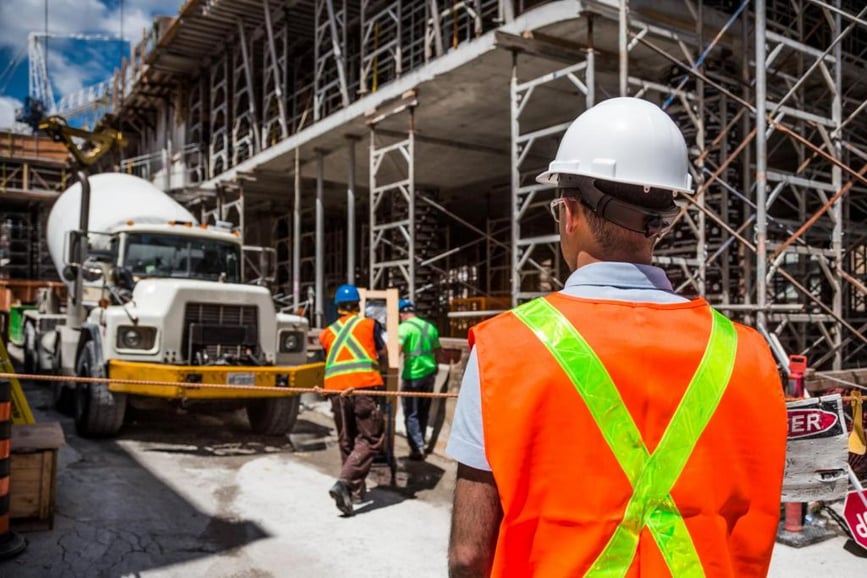
Prefabrication is defined as a process where building components are manufactured off-site and assembled on-site. Modulation is a larger version of this, where an entire part of a building may be constructed off-site. These practices are expected to achieve better precision, simplicity and customised in building with reduced costs.
Modulation is already able to construct sound buildings for permanent or relocatable use for various different construction types and purposes.
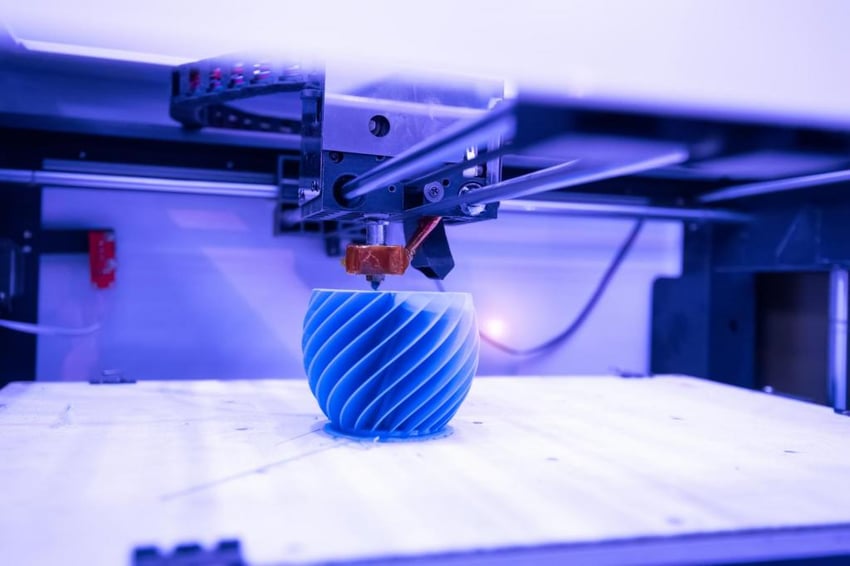
Using a 3D printer in construction practices involves a series of steps. First the printer needs to be transported to site where it will automatically construct the building using mechanically cut bricks or concrete. Compared to traditional methods of construction, 3D printing is an effective way of reducing human error. It can also substantially reduce energy consumption used in the building process.
Currently 3D printing technology is limited in providing construction materials that are compatible with the process. Further research and development is needed before 3D Printing can be used commonly in architecture.
As always, new technologies bring about new contractual issues and considerations. The same risks are applicable to every form of contract used for a particular project. These need to be carefully considered to ensure risk allocation is accurate under the contract.
credits to: https://sourceable.net
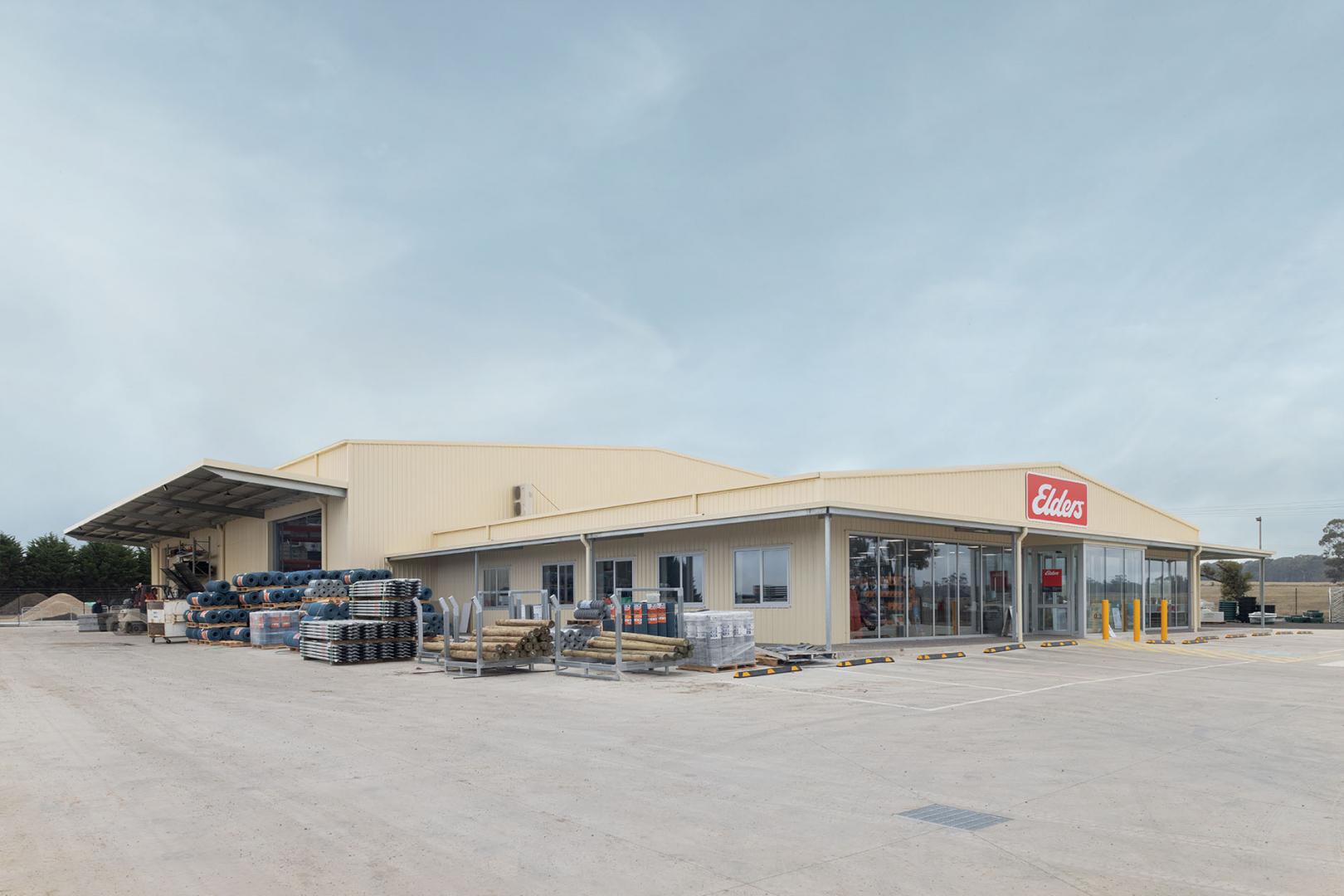
Should I work with a commercial builder or owner build? When building an industrial or commercial shed for the first time it can be daunting having...
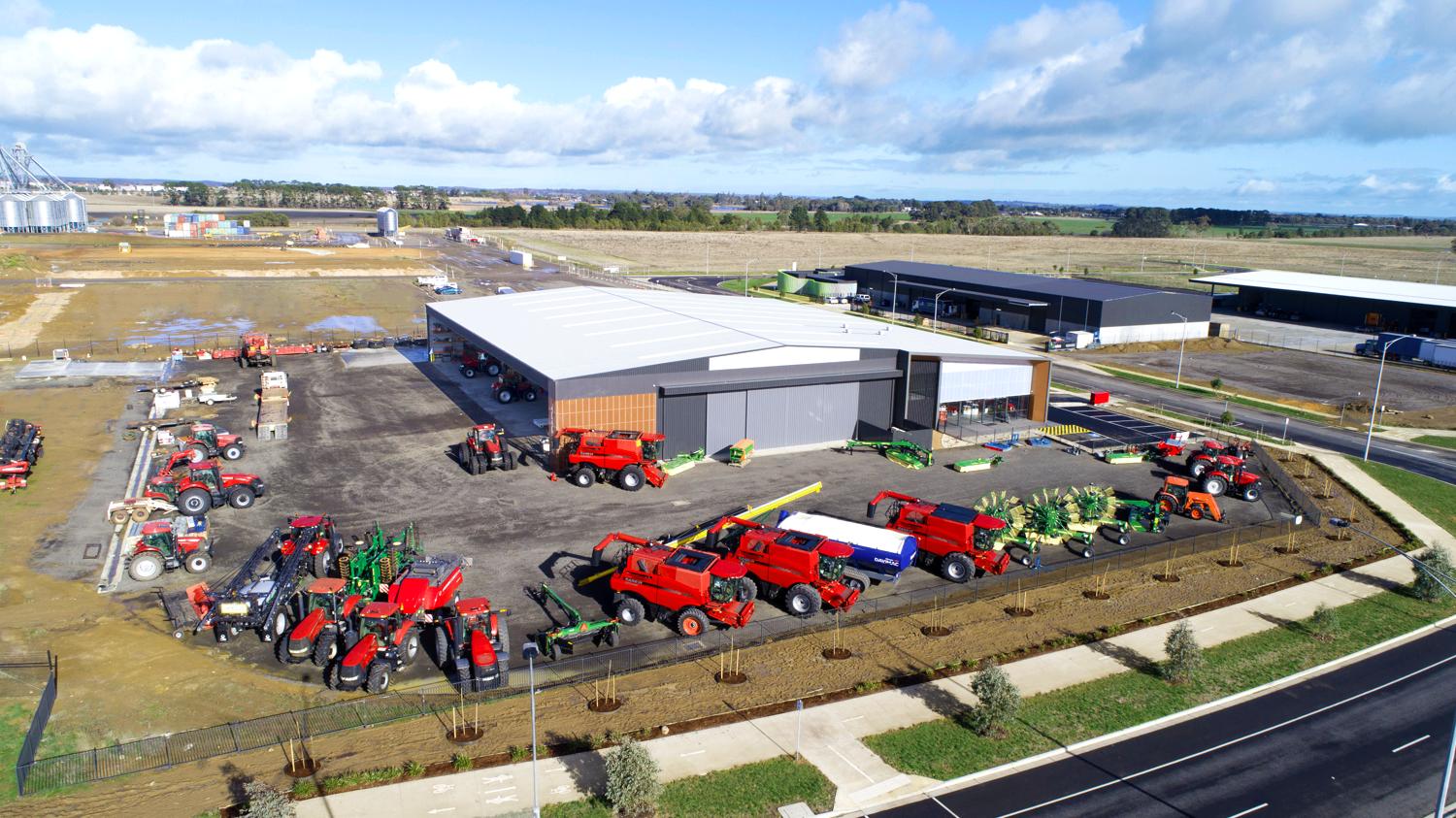
Northpoint Enterprise Park covers 120 ha (297 acres) and has been a joint-venture commercial property development spanning nearly 20 years, developed...
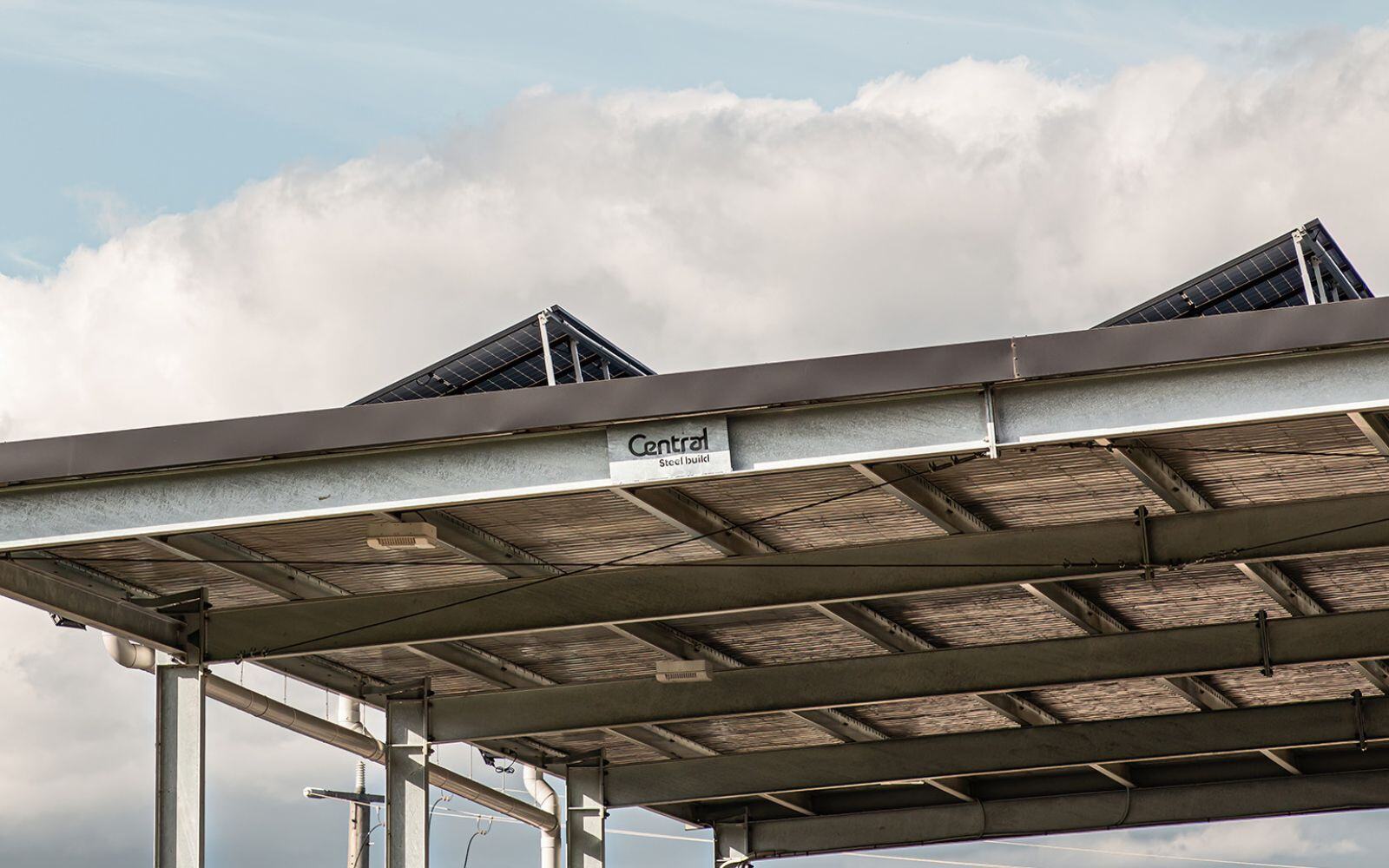
In September 2022, the National Construction Code (NCC) was updated with changes to the Wind Assessment Standards. At Central Steel Build, we are...